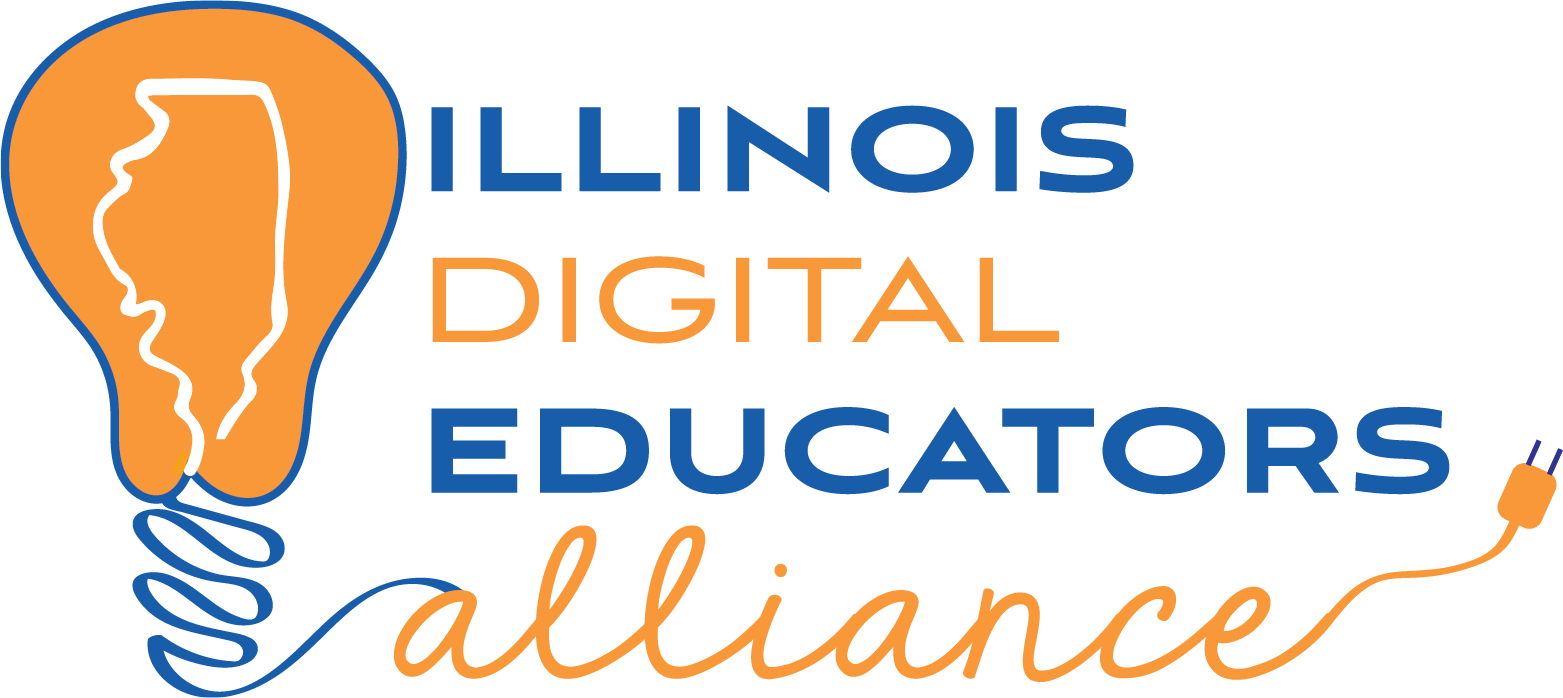Navigating Complexity: Why Data Must Embrace Geographic Rural Realities

I recently attended a meeting discussing the state of Computer Science and the opportunities for students in Illinois. Despite some missing data from smaller rural districts, the research was profound, revealing a disparity in the opportunities and offerings of CS courses throughout the state. This disparity in not only opportunities, but also data which leads to an unclear picture of the state of CS in Illinois as well as the rest of the country.
Using data to make decisions in education isn't a groundbreaking idea. Think of data as a storyteller – it can be tricky, sometimes showing a biased perspective based on where and how the data is collected and analyzed. Some of this data can be twisted intentionally as well as accidentally adding to the unclear picture of the current state of the concept being studied.
Let’s explore three challenges to data collection and data driven decision making with CS in Illinois being the focus.
Geographic Diversity
There is not a one-size fits all when it comes to CS opportunities and offerings in Illinois. Ignoring geographical and cultural distinctions can lead to an increase of challenges as well as increased inequalities. Lack of resources, including internet connectivity, can put rural communities at a disadvantage in relation to CS opportunities. What may work for districts with an abundance of resources may not be the case of rural districts.
Limited Resources
Rural areas historically are left behind when it comes to educational funding. School districts have financial constraints not only monetarily, but also deficits when it comes to infrastructure. In some parts of our state affordable and reliable internet is still an issue.This disparity can lead to a lack of essential data to inform our decisions when it comes to CS opportunities.
Lack of Shared and Timely Data
With extensive data sets comes the issue of the lack of timely and actionable information for decision-making processes.“The amount of data does not determine the potency of the insight you can gain from it. People often think that data alone has value, and that is an expensive misconception” (Thompson, 2023). Insufficient data sharing among numerous sources and surveys conducted by diverse agencies and organizations results in disparate narratives conveyed by the data.
Final Thoughts
Data, while a powerful storyteller, can also be misleading, often influenced by the context of its collection and analysis. Examining the challenges to data collection in the context of Computer Science education highlights the crucial need to consider geographic diversity. Neglecting cultural and regional distinctions can perpetuate inequalities, especially concerning limited resources in rural areas, where educational funding and infrastructure may be lacking. Furthermore, the issue of timely and actionable information emphasizes the importance of shared and comprehensive data to make informed decisions in shaping Computer Science opportunities for students. Addressing these challenges is paramount to fostering an equitable and effective educational landscape for the future.

Sources:
- 2023 state of CS Report. Code.org. (n.d.). https://advocacy.code.org/stateofcs
- Thompson, L. A. (2023, September 26). The seven pitfalls of data-driven decision-making (and how to avoid them). BYU Marriott Alumni Magazine. https://marriott.byu.edu/magazine/feature/the-seven-pitfalls-of-data-driven-decision-making-and-how-to-avoid-them
Notes:
- Images were created utilizing the website Ideogram.ai, a text to image AI tool
- ChatGPT 3.5 was used to organize and improve the wording of my original thoughts
- ChatGPT 3.5 created the title of this post

Jeremy is a TEDx Speaker and a Jr. High Computers & STEM Teacher in Effingham, IL. He has earned a Masters in Educational Policy from the University of Illinois and a Masters in Teaching from Greenville University. His goal is to inspire students, teachers and anyone he comes into contact with to be a lifelong learner. Jeremy believes education is the key to solving our world’s problems. In his free time, Jeremy enjoys traveling,writing, spending time in coffee shops, and spending time with his family watching old TV shows on Netflix.
RECENT ARTICLES




